Meet the Richards family from Framingham, Massachusetts. They are just one of thousands of families across the Bay State who have had their lives forever changed thanks to the excellent education they received at their local charter school – Christa McCullough Charter School.
“Charter schools have made the last three years the best of my life,” says one of the Richards, who with a 23-page IEP, who feels more at home in his charter school than any other previous learning environment.
Help share this story to show why it’s imperative to expand learning opportunities for more students, in Massachusetts and beyond:












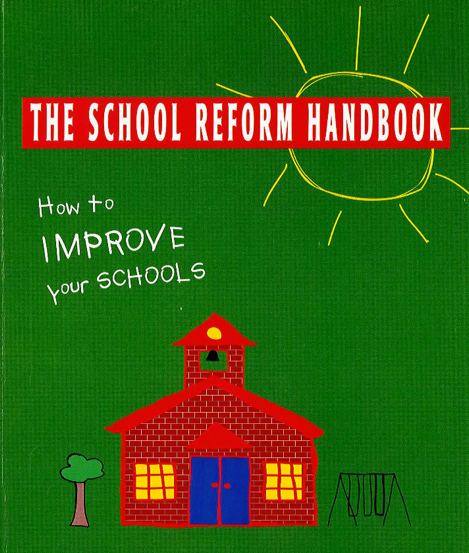
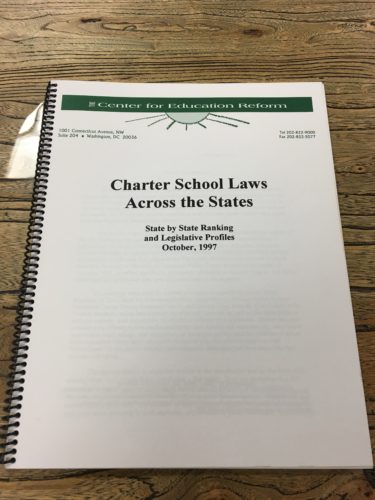

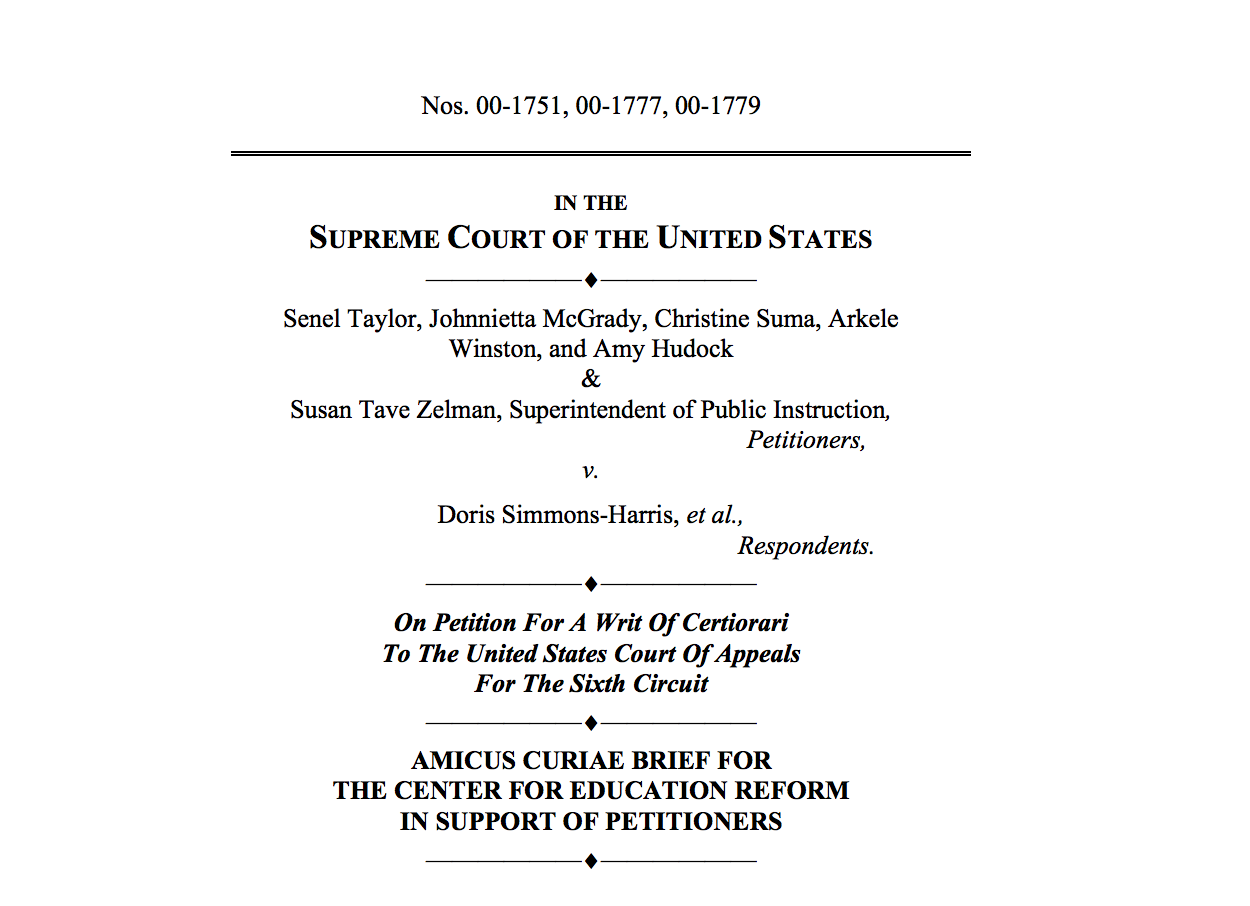
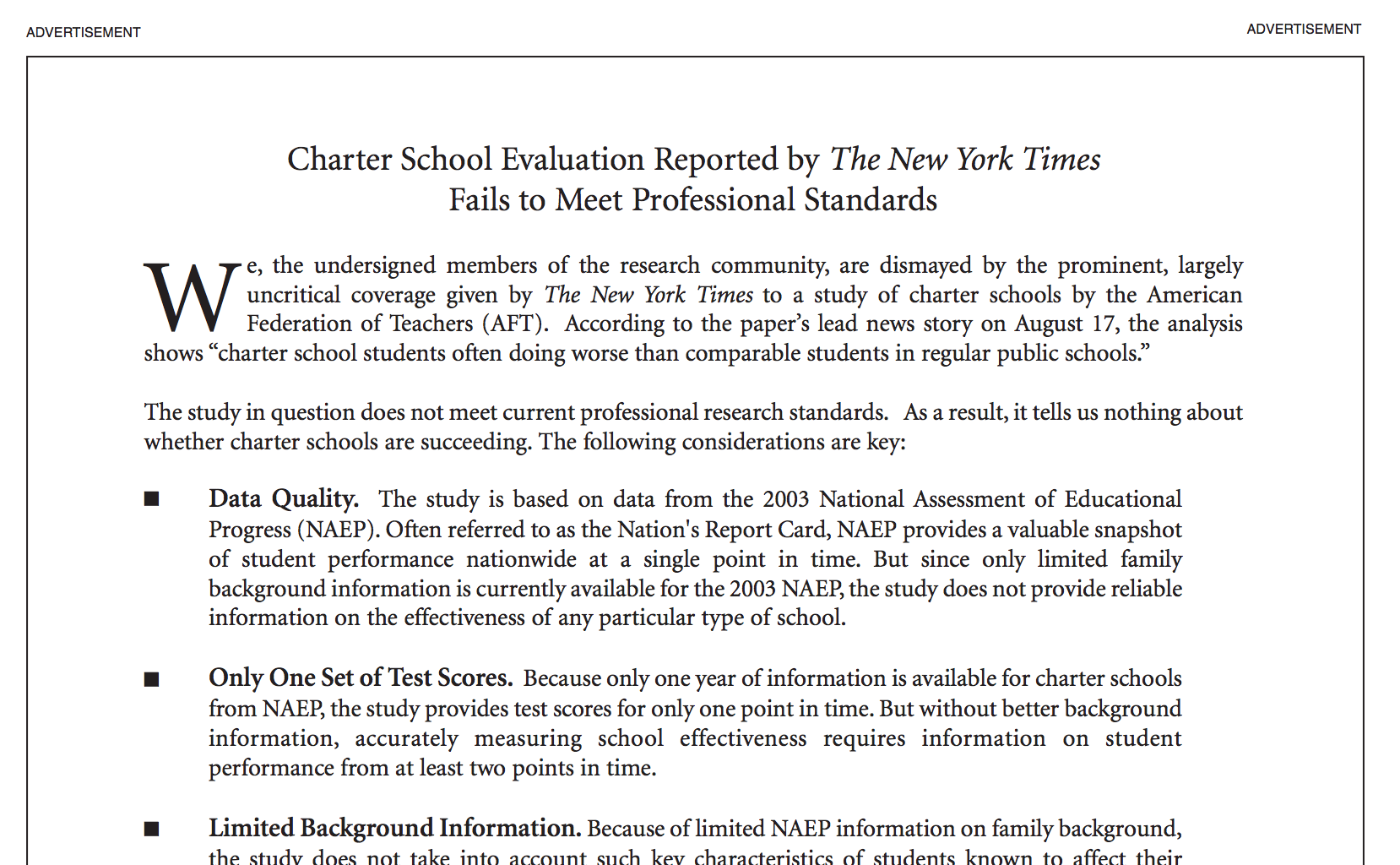
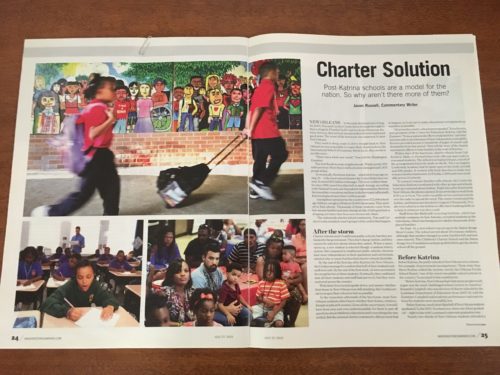
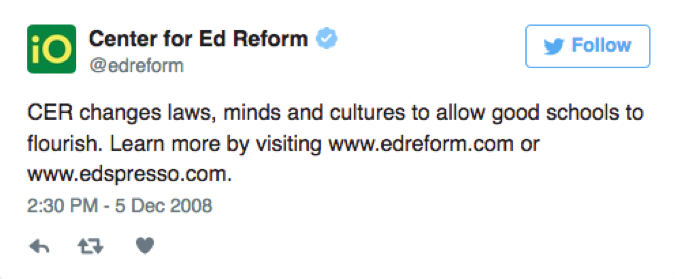
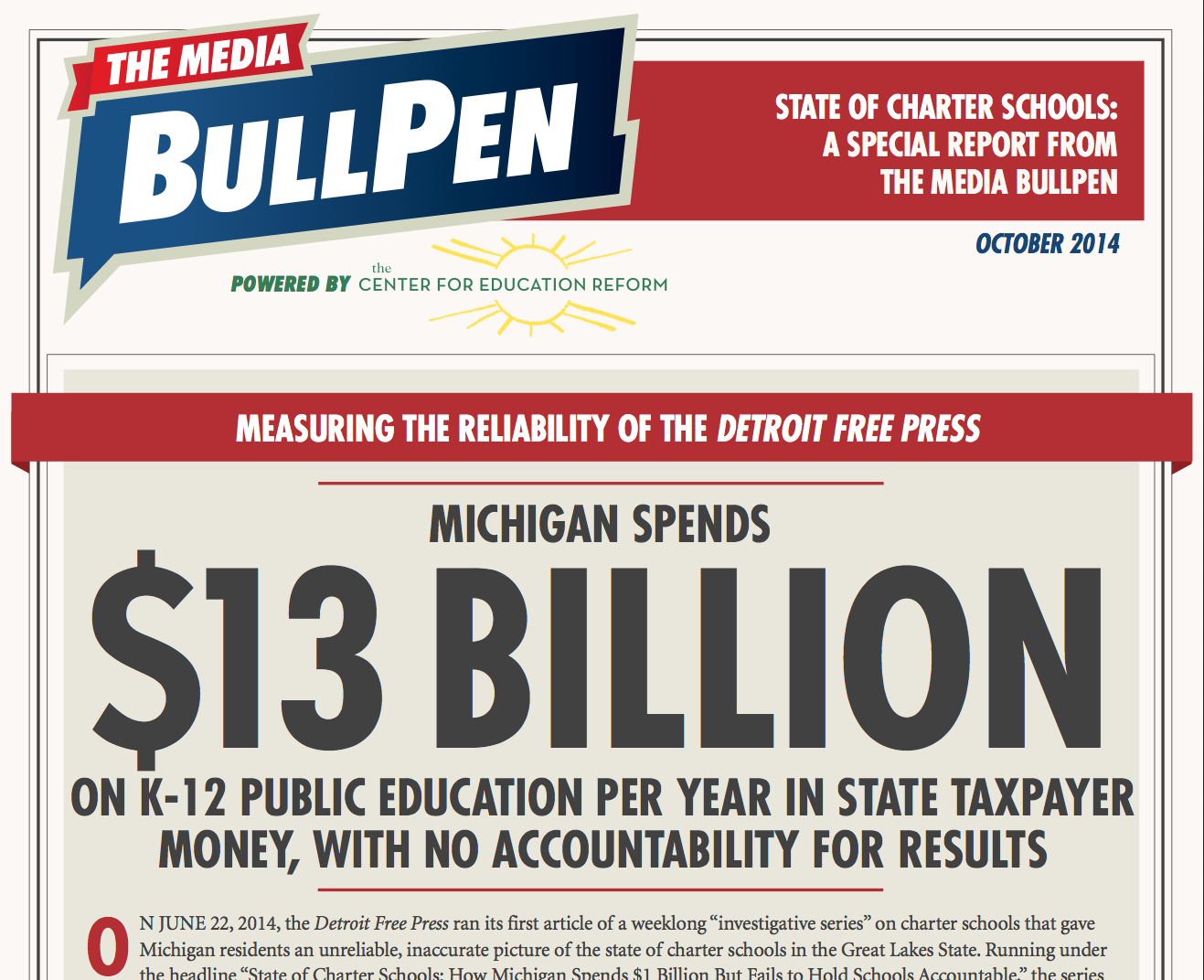
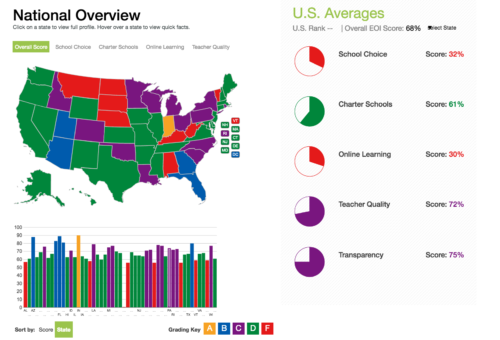
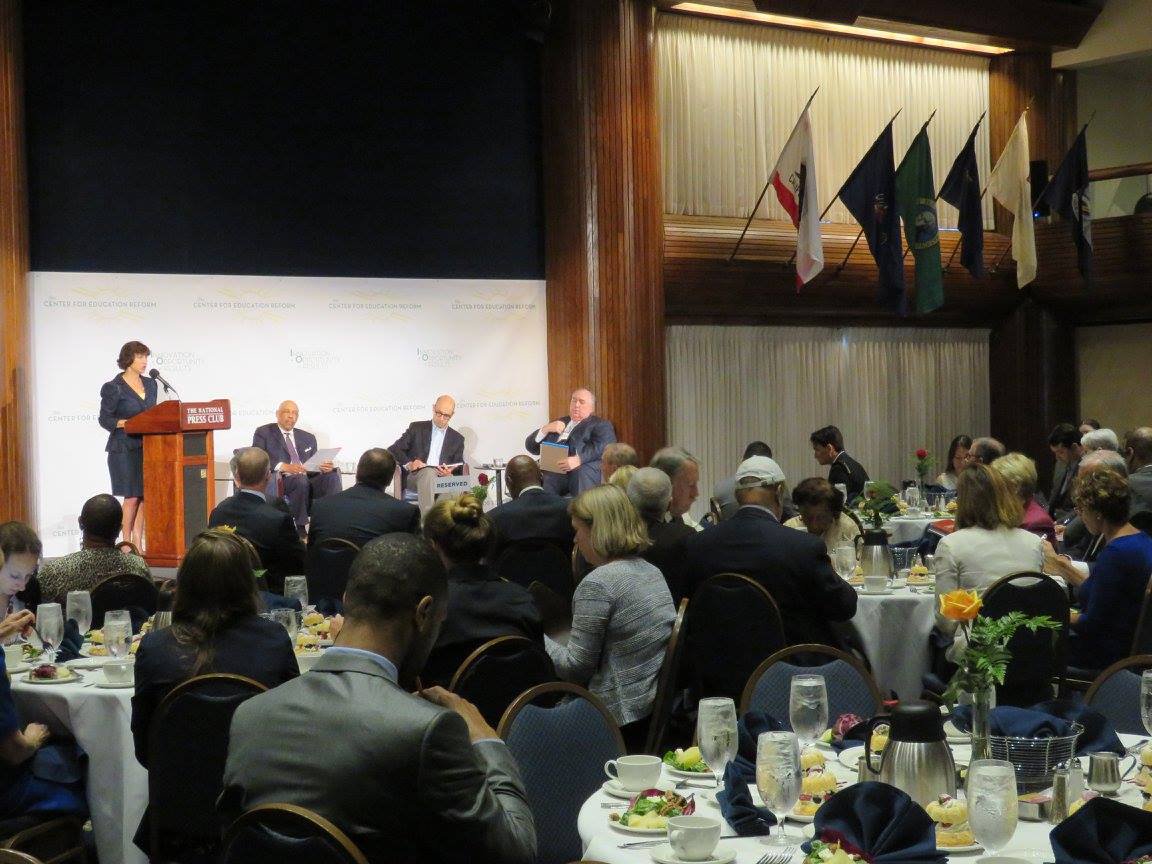
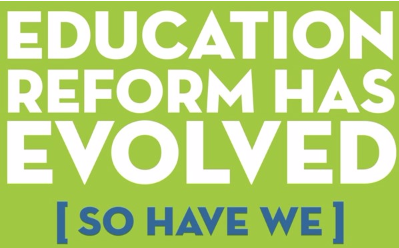

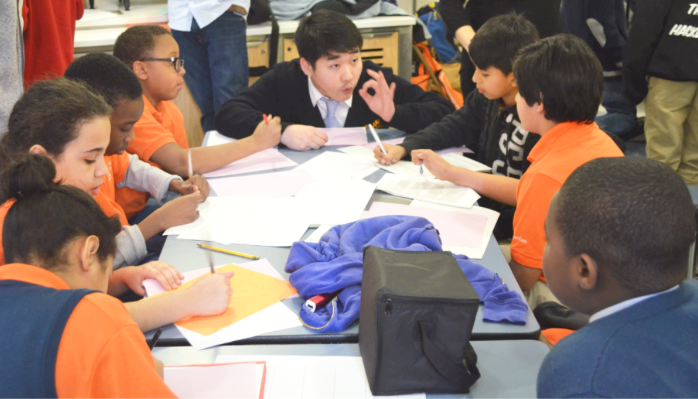

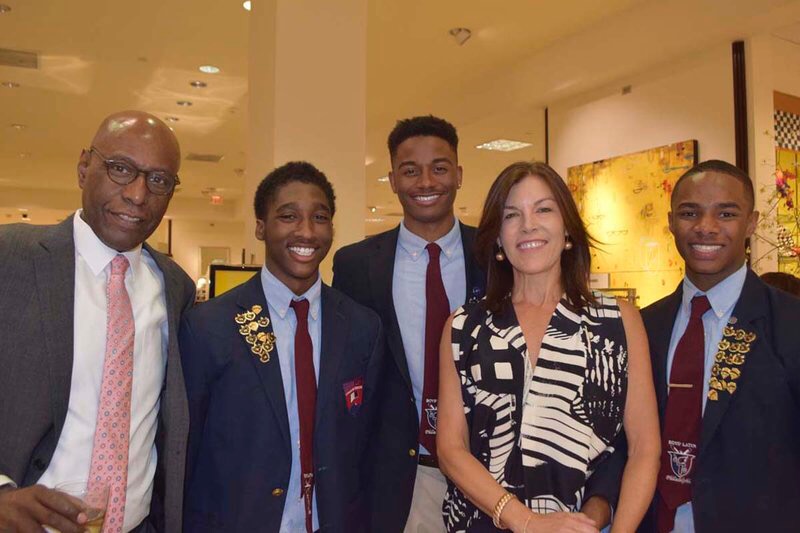
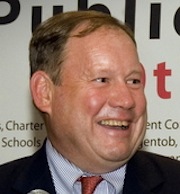 You may not be aware — in this year of grotesque, daily, pathological lying at the highest levels of our political discourse — how your report is being used as a cudgel against thousands of courageous, mission-driven educators dedicated to improving the lives and outcomes of our most disadvantaged children. Their work is hard enough. It doesn’t have to be disparaged further in such a ham-handed, easily-manipulated fashion.
You may not be aware — in this year of grotesque, daily, pathological lying at the highest levels of our political discourse — how your report is being used as a cudgel against thousands of courageous, mission-driven educators dedicated to improving the lives and outcomes of our most disadvantaged children. Their work is hard enough. It doesn’t have to be disparaged further in such a ham-handed, easily-manipulated fashion.

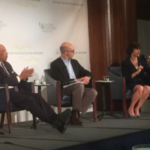
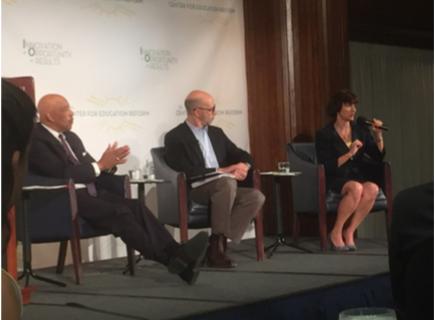 I left the lunch meeting feeling inspired and energized; filled with new ideas to try,
I left the lunch meeting feeling inspired and energized; filled with new ideas to try,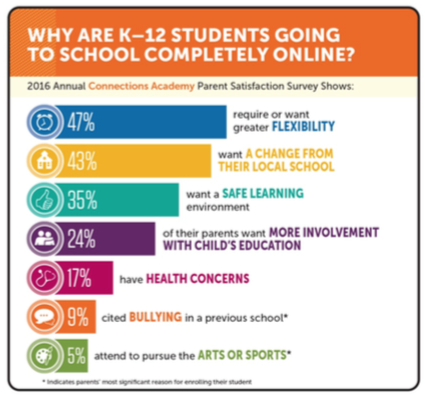

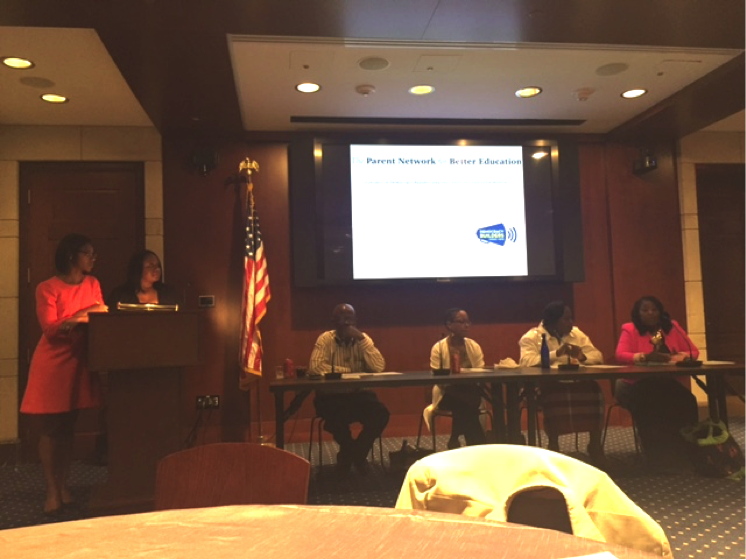

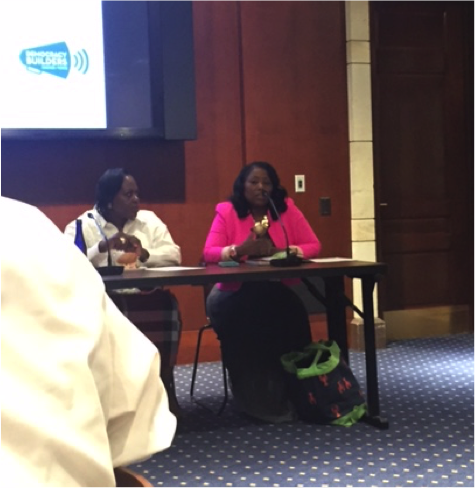
This Is Too Important Not To Share!
If you know anyone in MA, even long lost friends, please forward this email to them! It’s time to expand parent power for our kids.
“If you were told that your only option for school for your child was currently underperforming, what would you do?”
A Note from Beth Anderson (Excerpts)
I am sending this email widely, to friends in my life, fellow parents in my daughter Ciara’s district public school, my son Galileo’s JCC school, and most of all, supporters and colleagues in an almost 30 year fight to disrupt bad educational practices and create new and better ones that serve our youth and young adults most challenged by poverty, racism and oppression.
Phoenix public charter (and other) schools give ALL students a chance to succeed academically and access to the ability to be economically viable. You have all seen, first hand, the ways in which Phoenix students in particular have disrupted narratives around what is possible for powerful, resilient young people in urban areas to succeed in this country.
Phoenix exists today only because of the Massachusetts public charter movement.
The autonomy of the public charter model allows us to be innovative and entrepreneurial, to remove barriers and change the game for disconnected and off track youth. Phoenix is now one of the leaders in statewide thinking about access to high quality and rigorous education for off track youth and they are excited, with many others, to continue this work. The current debate on Question 2 threatens the very lifeblood that allowed Phoenix, and other public school reformers and revolutionaries, to produce lasting change.
To all parents, I ask – If there was the ability to open a new, high-performing, free and public school for your child, wouldn’t you stop at nothing to make sure that could happen for her/ him? Would you wait in a failing public school for large scale district reform? I honestly believe that if Swampscott and resourced towns like it had a problem with viable public schools, I don’t think there would be a debate on Question 2.
So, we are squarely in a civil rights fight here. Let’s not forget our history as a nation. The public charter school battle is a question of rights and access and power. In this ballot question, we have yet another situation where mostly white families are responsible for critical, life altering decisions that are going to affect the lives of black families and families of color. This is far from right and is the reality of poverty. Just like in 1954 with desegregation, and in 1964 with civil rights and in 1973 with bussing in Boston, we as a people have the ethical responsibility to make this disparity in our cities disappear for the young people that can and should be our citizens and leaders tomorrow.
Currently, more than 60% of the state’s charters are in just 10 districts, all Massachusetts cities that struggle with providing a good public education option to all students. A yes on 2 will not change that. Question 2 will NOT impact families and children who live in high-performing suburban districts. However, it is those suburban votes (many of you receiving this email) that will determine the fate of families that don’t have the ability to move to more affluent districts with uniformly good public schools or enroll in private school. Put simply, if you live in a town like Hingham, Duxbury, Concord, Newton, Lexington, Wellesley, Ipswich, Lynnfield, Marblehead, Longmeadow, Stockbridge, Andover, etc. – the ballot will change nothing for schools in your communities, but your YES vote will enable schools like Phoenix and others to continue quickly giving kids in urban communities like Boston, Lawrence, Holyoke, Springfield and New Bedford educational options as academically rich as what some of you are able to access for your own children.
Make no mistake, Question 2 is a civil rights question of choice and (in)equity in access to quality education for ALL Massachusetts students. What is at stake are the academic and life opportunities of economically disadvantaged kids of color who live in Boston and beyond, who largely do not have a public school option that is set up to succeed for them. The current campaign against Q2 has been perniciously inaccurate about the effects of Q2 on communities in MA.
Let’s do some truth telling.
Opponents of the ballot question have many alarmist and pervasive claims about charters:
1. The claim that charters drain funding from public schools, leaving district systems at a disadvantage as they struggle to meet the needs of the remaining students; and
2. The claim that charters create a “selfish” two-tier system of public education that leaves most families behind.
District schools are reimbursed for every student that leaves them for a public charter school. Because of state budget constraints, the state has funded reimbursement at about 65% in total, and did fully fund the first three years of the six-year reimbursement schedule. What this means is that the districts are only not being reimbursed for children they haven’t educated in 4, 5 or 6 years. The Massachusetts Taxpayers Foundation recently put out a report countering the funding drain argument. The report was followed a Boston Globe editorial refuting the funding drain argument; last year public charters received less than 4% of the $14-billion spent on public education in Massachusetts. More locally, the Boston Municipal Research Bureau released a report last spring indicating that the Boston Public Schools budget has actually increased every year even as charter enrollment has nearly doubled since 2010.
The second, more philosophical argument is particularly offensive to me, a lifelong Democrat. Charter opponents claim to be fighting for the “greater good” of high-performing traditional public schools in all neighborhoods making attempts to frame the charter movement as “anti-democratic” and producing a “two-tiered” education system. What do we have now? Given the economic disparity across our cities that match class and race lines, we are living in nothing but a two-tiered system. Massachusetts has the best public schools in the country, but also has the third largest achievement gap. Quality is uneven between and among wealthy and poor communities, and within these communities there are disparities across neighborhoods. This current, two-tiered system is EXACTLY why I founded Phoenix schools.
When public charter schools educate and graduate students at increasingly more successful and higher rates than their district counterparts, they effectively erase this two-tiered system. Question 2 opponents have yet to put forward plans to reform struggling district schools other than the “wait and see” plan. Well, wait and see didn’t work for women, for Black and Latino and gay and lesbian folks in prior civil rights battles, and it isn’t enough for our urban children and families now. We are out of time. We have an option for these students, some argue the best option in the entire country, and we need to allow it to do what it is designed to do – produce change.
The vitriol and slander that has accompanied this debate is distressing because both sides of this question fundamentally want the same thing: stronger education through better schools. Both sides claim to stand up for kids and schools– however, one is fighting to maintain the status quo, inherently indicating that the two-tiered system that currently exists is ok. They want slow change. However, I have never in my lifetime seen a slow, incremental change effort transform anything. Civil rights movements are disruptive. They are necessarily uncomfortable. They challenge the status quo. They demand that we look at what is important. Suffrage, marriage equality and the recent transgender rights movements have all pushed us to think differently about families and access.
As former state Senate President Tom Birmingham discussed in an op-ed published widely across the state, many public charter operators – in partnership with some former thinking city and district leaders – have proven that district schools and charters don’t need to be at odds– in fact the opposite is true, the most effective educational reform will come from strong partnerships and the infusion and development of some charter tenets into district schools (e.g. principal autonomy, extended school days, advanced work programs). This is best exemplified in education turnaround models such as Lawrence Community Day, UP Academy and Phoenix in the city of Lawrence, where districts and charters are operating in tandem to close the gaps in student achievement. However, there are examples of district and charter leader partnership around MA including my own critical and long-standing relationships with several superintendents in Chelsea and Revere MA. But, we can’t wait for districts to plummet to state takeover before such collaboration and best practices are inserted. A lifted cap will allow for more charters–in the needy bottom 25% of districts–which will increase opportunities for differentiated models and elevate accountability around outcomes for all public schools, district and charter.
For those of you who want to hear some more voices on this debate, I will leave you with the editorial support of Question 2 by many major papers in Massachusetts that have examined this issue. Even the New York Times, and national groups such as the Center for Education Reform and the National Public Charter School Alliance have weighed in, understanding the national impact of this vote in Massachusetts on public charter school reform in the United States.
The fact that the vast majority of current charter schools, like Phoenix, serve children in urban communities makes this a poverty issue. The fact that it’s mostly Black and Latino students who are sitting on waiting lists for public schools that work makes this an equity and race issue. Creating opportunity and change through great public schools makes this an American issue. We are lucky to have so many titans in this field who have quickly produced public education options that make a resounding difference for urban youth. Roxbury Prep Public Charter, Brooke Public Charter Schools, the MATCH Schools, Neighborhood House and Lowell Community Charter were all birthed by people who ended up, in less than five years time, showing that they could shrink, and in a few cases in Boston, close the achievement gap between urban youth and their suburban peers. This movement, and your support and help, allowed us at Phoenix in 2005 to implement a different idea and build a road for a lot of kids. It’s far from perfect and still evolving but it has made a difference in its 11 years. There are so many more future American education leaders growing up in this amazing state.
I implore you, on behalf of these future education radicals and the thousands of young people that are waiting for a great school, to do the right and responsible thing.
Vote YES on Question 2 on Tuesday.
In solidarity,
Beth
Beth Anderson is a lifelong Democrat voter, a mom, an educator and founder of Phoenix Academy Charter School for students most in need.